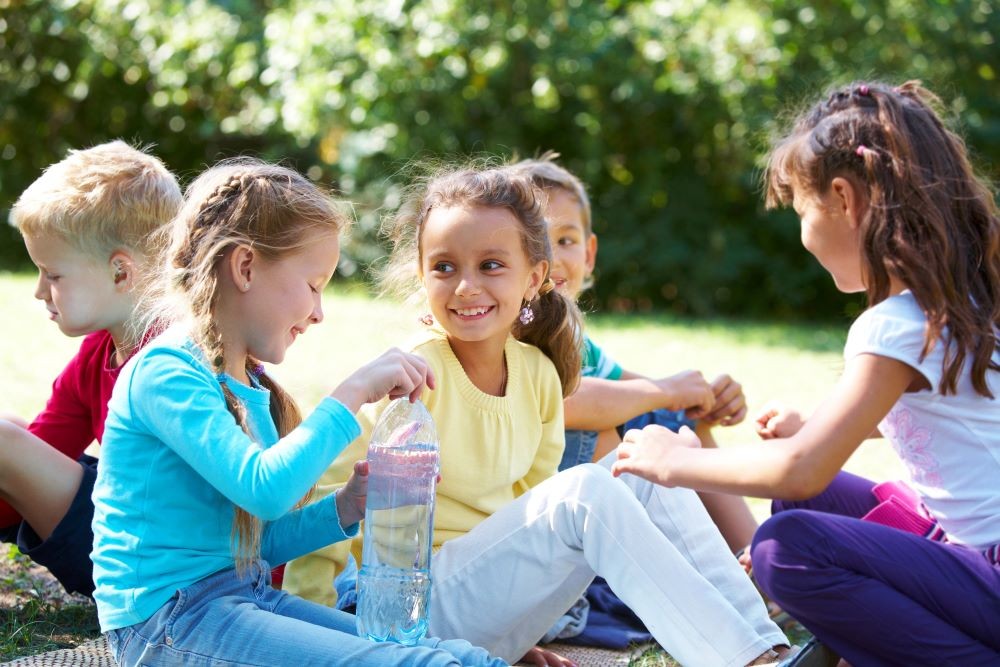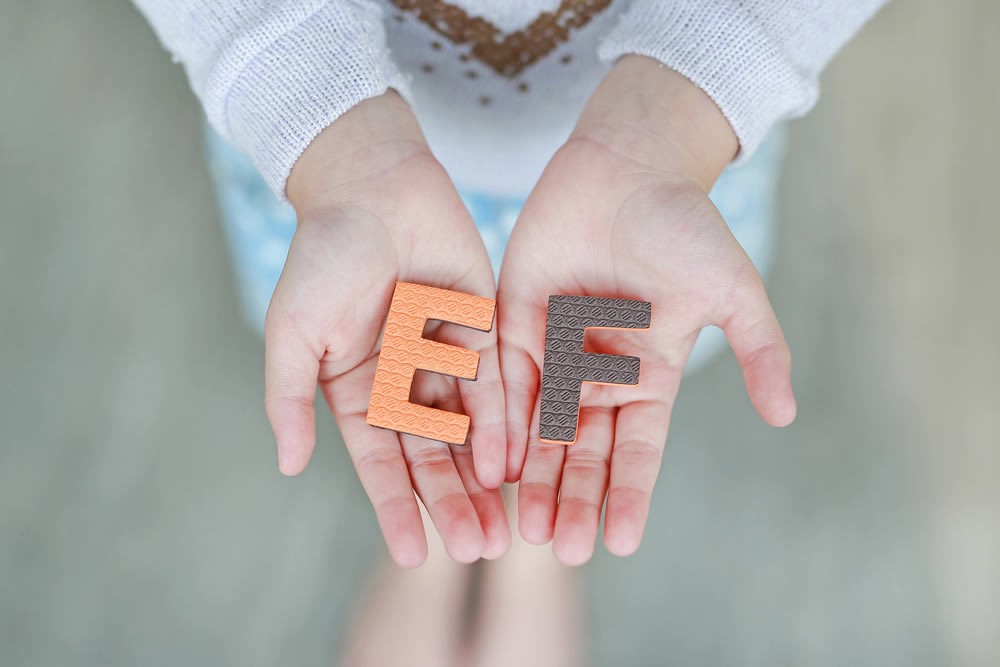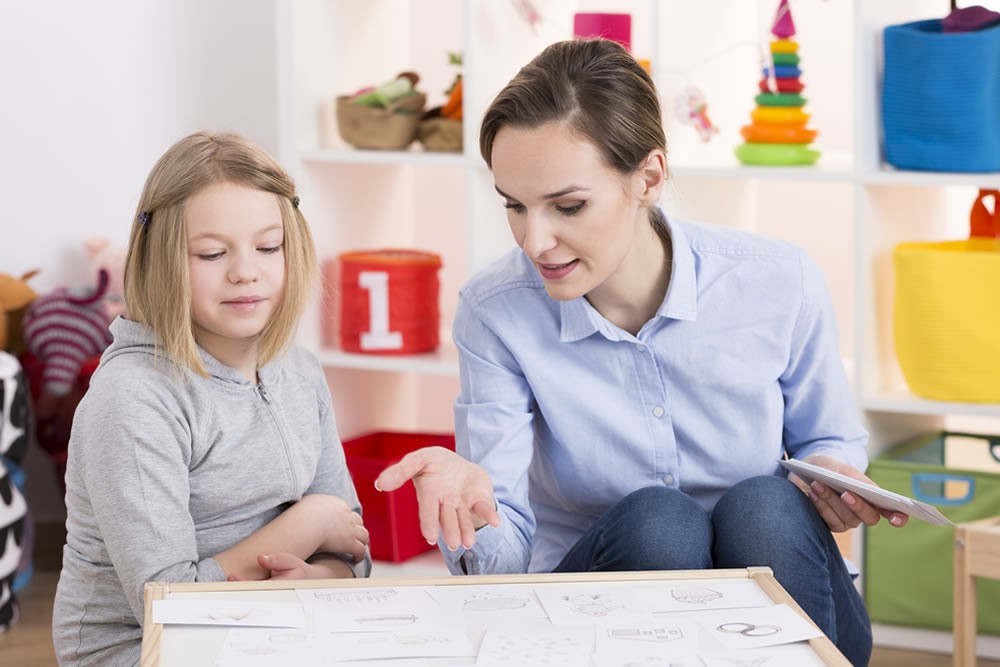Psychological disorders, ranging from anxiety and depression to neurodevelopmental conditions such as autism and attention-deficit/hyperactivity disorder (ADHD), affect individuals at all ages.
Developing empathy is a crucial part of child (and adult!) development. Empathy is the ability to put oneself in the shoes of others, and be able to share those feelings, and is thought to be both a moral virtue, but also an important social skill.
Positive psychology is a field of psychology founded by Dr. Martin Seligman and was developed as a counter to more ‘traditional’ psychological approaches that studied human personality and behavior.
Growth mindset is a term developed by psychologist Carole Dweck that describes the belief that one’s abilities, skills, and intelligence can be developed with effort.
In Cognitive Behavioral Therapy (CBT), negative self-talk is often explained as a result of distorted thinking patterns and underlying core beliefs about ourselves (“I am a bad person”), others (“Others will eventually leave me”), or the world around us (“The world is unsafe or scary”).
Emotional intelligence (EI) is a form of intelligence that describes the ability to understand and manage our emotions, as well as recognize and influence the emotions of others. It is a complex skillset and is composed of multiple factors, including:
Even before the internet clued them in to events happening around the world, teens and young adults have had a proud history of engaging passionately with social and political issues.
As individuals and families seek mental and behavioral health services, they might run into a broad range of providers, all with different degrees, titles, and specialties. Unless you come from this field, these different titles may be confusing, particularly as these providers may all provide similar services.
Often, referrals are made to see children and teens with difficulty expressing their emotions and sentiments (with peers and adults). This impacts their social-emotional well-being and may affect social interaction skills. The challenges can sometimes be psychological and/or attributed to neurodevelopmental differences such as language processing, attention, and emotional regulation.
We often like to think of our sense of self as whole, believing that there is only one ‘me.’ However, certain schools of thought have begun to challenge this notion.
Executive functioning is a term used to describe a set of mental skills that center around starting, sustaining, and completing goals.
One of the major tasks of childhood is to consolidate a personality. A personality, as defined by the American Psychological Association (APA) loosely “refers to the enduring characteristics and behavior that comprise a person’s unique adjustment to life, including major traits, interests, drives, values, self-concept, abilities, and emotional patterns.” Judging from this long description, consolidating a personality is no simple task. It is something children (and adults!) develop over time as they grow in psychological and physical maturity.
While our last post discussed developmental factors that play a role in healthy personality development, this article discusses the disorders of personality, which are personalities that due to how they are formed, may lead to various interpersonal and emotional difficulties. Afterward is a brief overview of risk factors for personality disorders in childhood and adolescence. At the end of the article, a brief discussion of various treatments will be discussed.
Play is at the core of children’s lives. It is how children express themselves, connect with others, and make sense of the world. Play is so important for children’s development that the American Academy of Pediatrics (AAP) describes it as “essential to the social, emotional, cognitive, and physical well-being of children beginning in early childhood.” Through play, children can share their fears, frustrations, wishes, and dreams with others, as they cannot yet directly verbalize their thoughts and feelings.
Nowadays, the internet is an ever-constant presence in both parents' and children’s lives. Never before has technology allowed us to be so immersed in the lives of others around the world. Social media, online spaces where individuals can post, share, and respond to content (written, photo, video), has become a virtual meeting site where people can keep in touch with friends, stay abreast of current events, and build communities. What occurs on sites such as TikTok, YouTube, Twitter, Instagram, Facebook, and Tumblr can be just as important, if not more important, than what occurs in the non-virtual world.
Mentalization is a term clinicians and researchers use to describe the process by which parents can reflect on their child’s thoughts, feelings, and motivations, and then communicate these feelings back to their child. It is a process we all engage in, and one that relies on our ability to use imagination, empathy, and communication to work effectively. It also requires the parent to reflect on their emotional states and own history to ensure that they can effectively sort out what their child is thinking and feeling, and what the parent is thinking and feeling.
Please note that this is a continuation of the prior blog post titled: “Identifying and Preventing Escalating Behaviors in Children”
In the first half of this blog post, we discussed ways to prevent an escalation of behavior and emotion in your child. However, due to the fact that no caregiver, child, or environment is perfect, there may be times when no amount of prevention or early intervention will be enough to stop an escalation in its tracks. This post will briefly review the final four stages of Colvin’s (2004) Escalation Cycle: 4) Acceleration, 5) Peak, 6) De-Escalation, and 7) Recovery.
Children often experience ‘big emotions,’ getting caught up in joy, sadness, anger, and fear in strong, often intense, ways. When overwhelmed by these feelings, our children ‘act out,’ and escalate emotionally and behaviorally. Although we should expect our children to act out at times as they learn to regulate their emotions and problem-solve, sometimes these escalations can lead to problems academically, socially, and personally. Every child experiences and expresses their emotions differently but the escalation pathway often follows similar patterns and is described in the Escalation Cycle, as shown below.




















